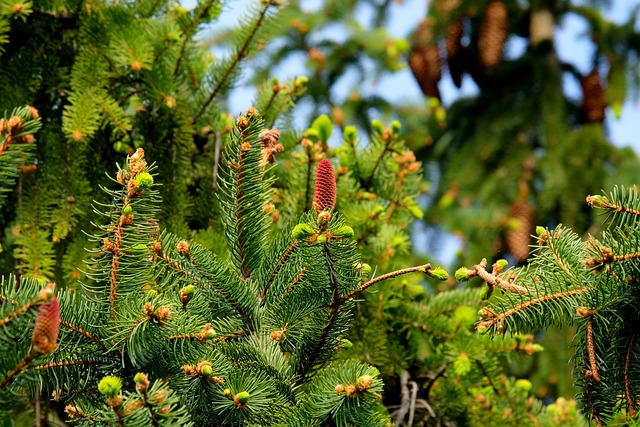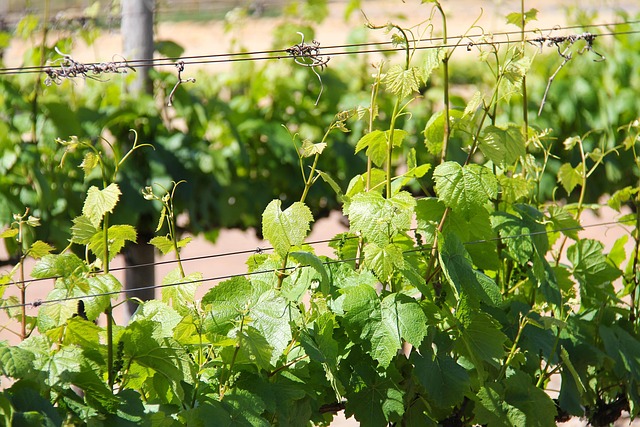As stewards of the Earth, we all have a role to play in the mitigation of environmental impacts, and what better place to start than in our own gardens? Gardening is not just a hobby; it’s a way to connect with nature and promote a sustainable future. By incorporating eco-friendly practices into our gardening routine, we can foster a thriving ecosystem that benefits not only ourselves but also the planet.
One of the simplest yet most effective ways to engage in green gardening is to practice organic gardening. This method emphasizes natural techniques over chemical fertilizers and pesticides, which can leak into our waterways and harm wildlife. Using compost, for instance, enriches soil health, reduces waste, and minimizes the need for synthetic inputs. By recycling kitchen scraps and yard waste, you create a sustainable loop of nutrients that replenishes the earth.
Another key aspect of mitigating environmental impacts is water conservation. Implementing rain gardens or installing drip irrigation systems can significantly reduce water usage while ensuring that plants receive the moisture they need. Native plants, which are adapted to local climates and ecosystems, require less water and maintenance. They also attract local pollinators, further enhancing the garden’s biodiversity.
Moreover, employing companion planting can enhance crop yields and minimize pest infestations without the use of harmful chemicals. This natural method encourages a balanced ecosystem within the garden, promoting plant health and nurturing beneficial insects. By understanding the relationships between plants, gardeners can utilize nature’s wisdom to cultivate a vibrant and healthy garden environment.
In addition to plant selection and soil health, be mindful of your carbon footprint through mindful garden practices. Consider using hand tools instead of gas-powered equipment, easily reducing fuel consumption and air pollution. Additionally, implementing green waste management practices like mulching or creating a compost bin can dramatically reduce the amount of waste that ends up in landfills, further contributing to environmental well-being.
Furthermore, adding trees and shrubs to your landscape plays a crucial role in the mitigation of environmental impacts. Trees absorb carbon dioxide, produce oxygen, and act as natural air filters. They also provide habitats for various species and enhance local biodiversity. By creating greener landscapes, we can improve air quality, combat climate change, and contribute to a more resilient ecosystem.
In our fast-paced lives, it’s easy to overlook the profound impact gardening can have on the environment. Embracing eco-friendly practices allows us to reconnect with nature, raising awareness on sustainability while cultivating beauty all around us. Each seed planted and every effort made towards a greener garden signifies not just a step towards a beautiful landscape but also a commitment to our planet’s future.
Ultimately, green gardening is more than just a practice—it’s a philosophy that empowers individuals to take action. Through conscious choices, we each can contribute to the mitigation of environmental impacts, one garden at a time. Every small change counts, and as we nurture our gardens, we are also nurturing the Earth and creating a world that’s more sustainable for generations to come.




